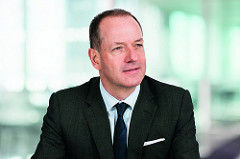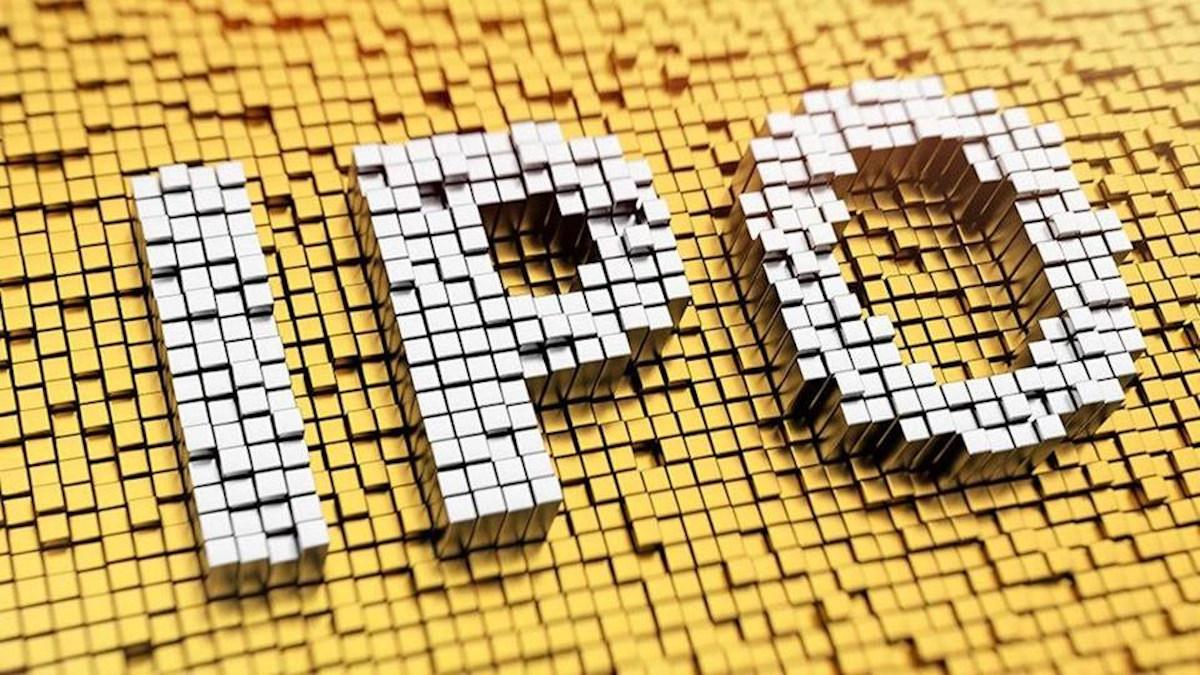Stop obsessing about generic Advair, says GSK's Witty

GlaxoSmithKline’s (GSK) outgoing CEO, Sir Andrew Witty, reassured investors about the possible impact of a generic competitor to its blockbuster respiratory drug Advair in the US this year.
In his final quarterly results conference call with journalists as CEO of GSK, Witty said some commentators had become “obsessed” with the impact of generic Advair (fluticasone+salmeterol).
But, he said, in a worst-case scenario, should the FDA actually approve the drug, and if it took a significant bite out of sales, then earnings per share would remain flat or decline slightly.
If the generics don’t arrive, earnings per share should increase 5-7%, explained Witty, who steps down in April when Emma Walmsley takes over.
Witty highlighted the strength of the company’s new drugs in its vaccine business, and growth in its consumer products division, which have helped deliver quarterly sales growth of 21% compared with the same period last year, to £7.59 billion.
The US patent on Advair expired in 2010, but the drug-device combination has proved difficult to copy, extending its market dominance well beyond what is usually expected.
However sales are already declining because of competition from new drugs, with Seretide/Advair sales down 20% to £975 million. In the US, Advair sales were £556 million for the quarter, down 21% on last year’s Q4.
Mylan filed a generic version around a year ago and is still waiting for the FDA to make a decision on whether to approve it.
Witty stated: “We don’t know whether there is going to be a generic.”
A range of newer respiratory drugs, such as Relvar/Breo Ellipta, are helping to offset the decline in Advair sales, although none of them has approached the mega-blockbuster status that the older drug once had.
Witty continued: “We expect to maintain our leadership position in the respiratory market over the next several years.”
He also noted the strong performance from GSK’s HIV joint venture with Shionogi and Pfizer, ViiV. Sales of HIV combination therapy Triumeq increased 56% compared with the last Q4, to $530 million.
Witty said GSK and Shionogi had “doubled down” on their investment in the joint venture, and had removed options that would have allowed them to pull out in the medium term, although GSK has retained an option to pull out in 2030. “We are in it for the long haul together,” he concluded.












